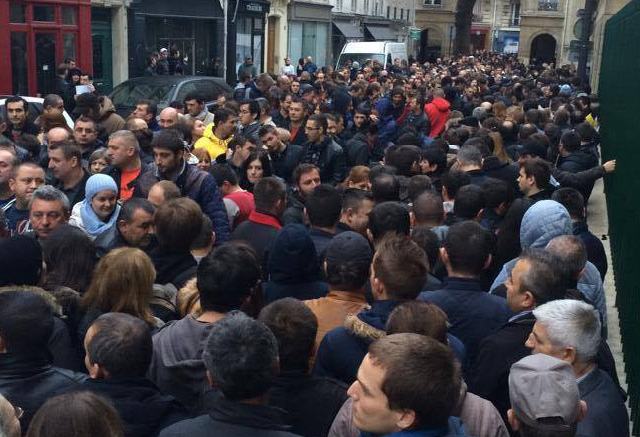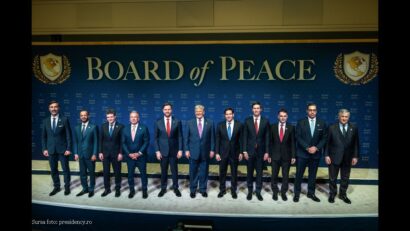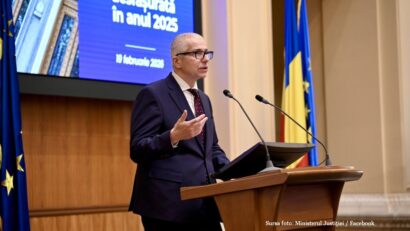Prosecutors and the Diaspora Vote
The General Prosecutors Office in Bucharest has opened a criminal investigation in the way the relevant authorities have handled these latest presidential elections for Romanians living abroad

Bogdan Matei, 21.11.2014, 13:24
An apparent administrative misstep, the handling of the voting process in the presidential elections for Romanians abroad quickly became a media scandal, then a political battle, and, starting Thursday, a criminal case. The General Prosecutor’s Office started investigating the way in which the relevant authorities have handled the polls as Romanians living abroad were trying to exercise their fundamental right to vote.
Prosecutors started this investigation after noticing that in both rounds of the election, on November 2nd and on November 16th, thousands of people could not vote, though they had spent hours on end queuing up. The humiliation and frustration boiled over most violently in Paris and Turin, where security forces had to deploy tear gas to scatter the protesters. General Prosecutor Tiberiu Nitu said that the investigation started after a number of formal complaints were filed alleging abuse of public position and interfering with the right to vote on the part of various government ministers and public servants:
“The criminal investigation is underway, we have already started getting information and statements from various authorities. We started getting complaints as soon as the first round of elections finished. Most complaints were filed against government ministers, which the petitioners allege were responsible for organizing the elections.”
As a result of the voting scandal abroad, Romania found itself rolling through three foreign ministers in the course of a month. This portfolio is now to pass to Mihnea Motoc, at present Romanian ambassador with the EU. Titus Corlatean resigned a week after the first round, and his successor, Teodor Melescanu, left two days after the second. Both have tried to justify what happened by shortcomings in the legal framework, which does not provide for absentee voting, nor does it allow opening additional polling stations between the rounds.
In a strange polemic between institutions, the Central Election Bureau issued statements claiming that there are no legal hurdles in supplanting the number of polling stations, while the president of the High Court of Cassation and Justice, Livia Stanciu, said on Thursday that the authorities could have issued an emergency ordinance providing additional stations abroad. She added that, as a citizen, she calls for research into this issue. On the political side, analysts say that the problems with voting abroad have had an enormous impact on Romanians living in the country, being the decisive element in the outcome of the elections. According to them, each Romanian who could not vote abroad caused four or five people within the country, mostly friends and family, to go vote against a government that humiliated them.






























